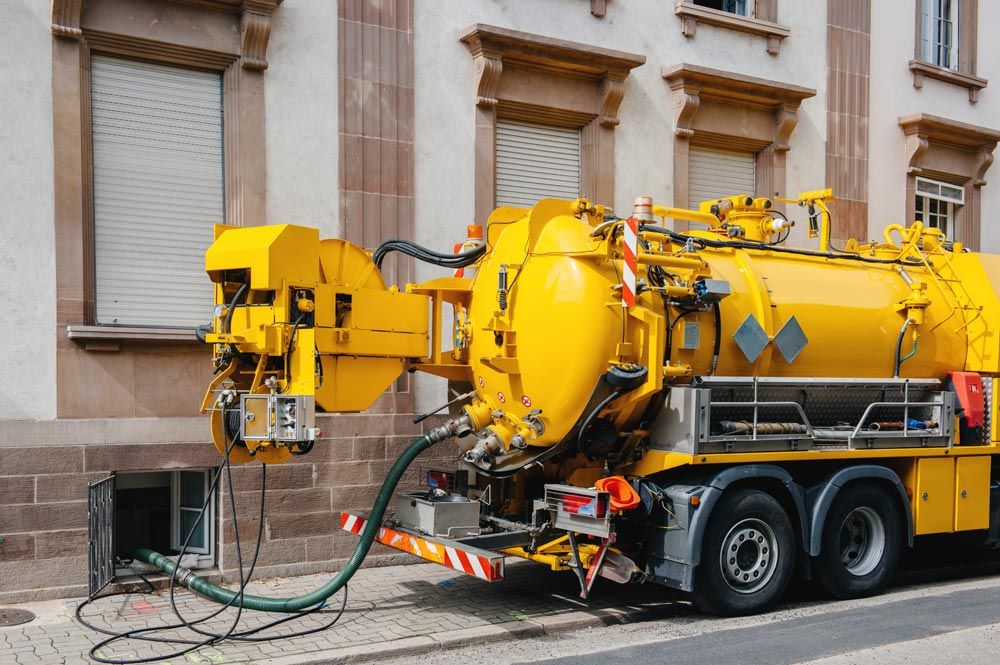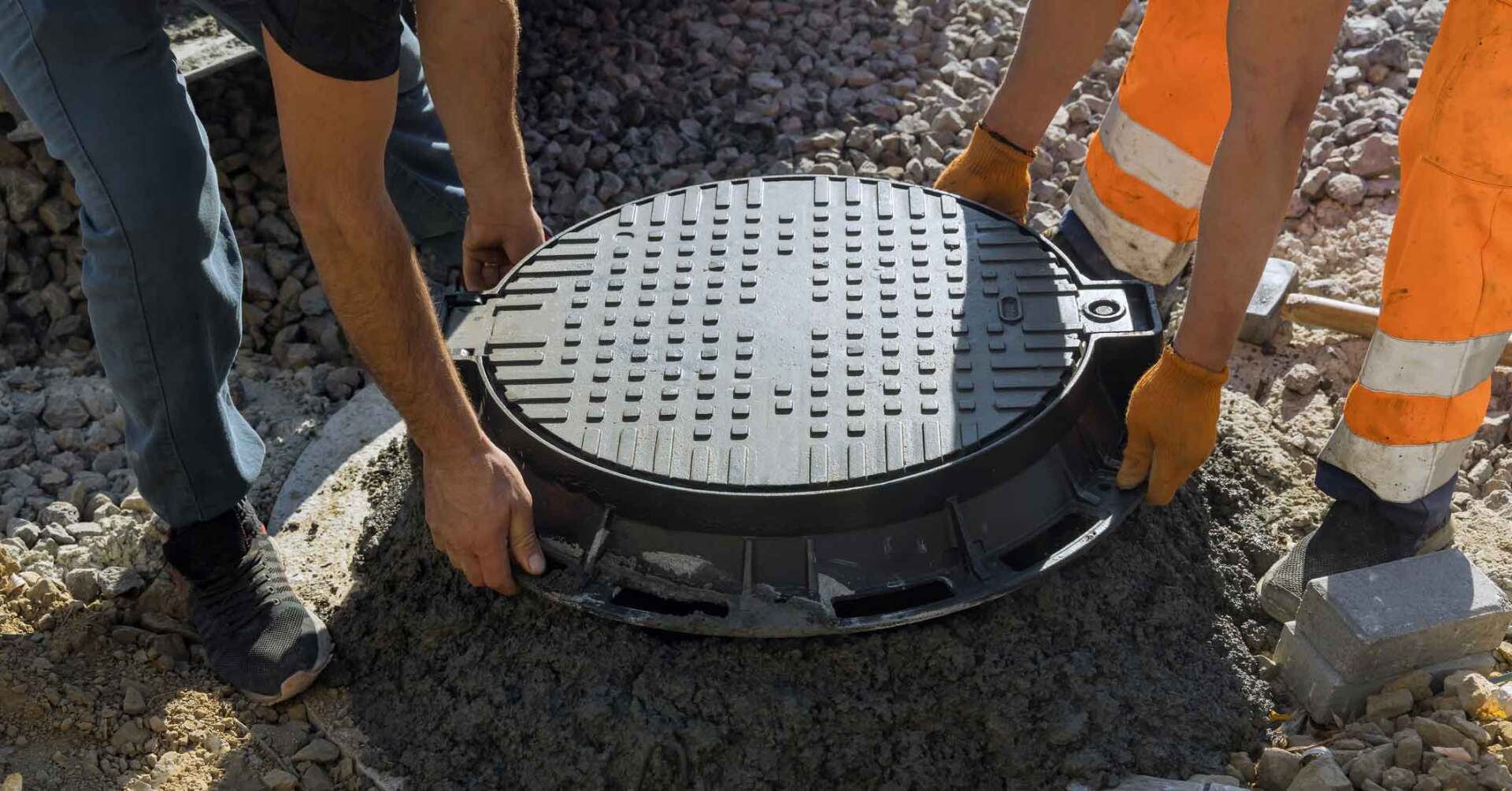Grey Water Recycling: A Guide for Hotel Managers
- By Admin
- •
- 06 Jul, 2018
- •

Many hotels already implement practices to save water, whether that is with sensor-activated taps or lowflush toilets. Grey water recycling can help you take your water conservation efforts a step further, allowing you to save up to 40% in water usage.
If you are looking to recycle and reuse water in your hotel, then here's a quick guide to grey water recycling to help you make an informed decision.
The Basics of Grey Water
Grey water is a byproduct of activities such as a laundry, showering and bathing, and hand washing. Unlike dirty water from kitchen sinks and toilets, grey water does not contain too many harmful microorganisms - so, if you treat the water properly, then you can reuse it for non-consumption purposes.
The Types of Grey Water Recycling Systems
The two types of grey water recycling systems are diversion systems and filtration and treatment systems.
Diversion Systems
Diversion systems direct grey water from its sources, such as a laundry room or bathroom sink, to a garden.
Diversion systems typically use a drip line irrigation method to water plants. The system does not store or purify the water but instead diverts excess grey water to the sewer system. To work efficiently, diversion systems must be integrated into a building's plumbing system.
Filtration and Treatment Systems
Filtration and treatment systems are more complex and work by eliminating bacteria through a series of filters and disinfection mechanisms. These systems direct grey water from the usual sources to a purification process and then to a holding tank. The stored grey water is then distributed from the tank throughout the building.
The purification process requires several steps - starting with the removal of particles through a sieve. The grey water may go through a distillation process and then a final filtration process using bio-filtration technologies such as sand beds and live green walls integrated into the building's landscaping.
Modern grey water filtration and treatment systems use ultraviolet or UV energy (which eliminates the tiniest of microorganisms) for superior purification.
The Pros of Grey Water Recycling
Before implementing a grey water recycling system in your building, you may want to know more about the benefits of these systems.
Reduction in Fresh Water Use
Recycling and reusing wastewater may minimize fresh water consumption. Freshwater is becoming a dwindling resource in many parts of the United States. Rising demand for municipal water means higher water bills, which can increase operational costs in a high-water usage facility such as a hotel.
Recycled grey water can easily cater for most of your facility's toilet flushing and even laundry needs, thereby minimizing your use of fresh water and potentially lowering your water bills.
Minimizing Impact on Septic Systems
The cost of repairing and maintaining septic systems can add up quickly - especially in a busy hotel. By recycling grey water you can reduce the amount of wastewater entering the sewer. This can, in turn, extend the life and efficiency of your building's septic system while also minimizing the cost of wastewater management.
Cutting on Cost of Water Treatment
Recycling and treating wastewater can be relatively pocket-friendly - especially when compared with other water treatment methods such as zero liquid discharge techniques. Highly efficient grey water treatment systems may even offer a 30 percent faster return on investment.
The Cons of Grey Water Recycling
The major concern about grey water recycling is the risk of contamination, diseases, and water quality. However, proper installation of high-efficiency systems can eliminate such risks.
Installation of a grey water recycling system is certainly a significant expense for any business. However, lower water usage and energy consumption can help you realize your sustainability goals and save on operational costs in the long-term.
The Nibbler Company is your one-stop provider of high-efficiency wastewater treatment solutions for commercial and industrial applications. Get in touch with us today to learn more about our services.
It is crucial to understand the impact that untreated wastewater can have on our environment and health. Learn more by reading this blog.
For homeowners who rely on well water, ensuring its purity is paramount. Read on to learn what factors contribute to your well water quality.
When a drain field becomes clogged, it causes a cascade of problems. Discover how a clogged drain field can affect the septic tank in our blog.
Septic tank maintenance is crucial to longevity. Discover how excess water can compromise your septic tank's functionality and what to do in this blog.
Some properties in rural communities typically have a septic tank. Discover septic tank specifications to consider when buying a home.
A backup in your septic system could spell serious trouble. Read this blog to learn the signs and causes of septic system backups.
Whether you want to install a new septic tank or need professional septic services, check out some factors to consider when picking a septic tank company.




